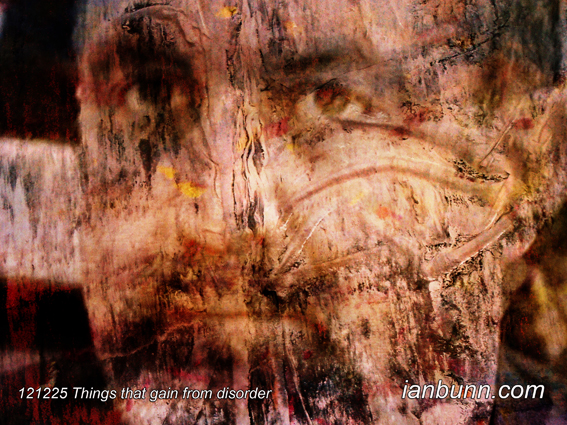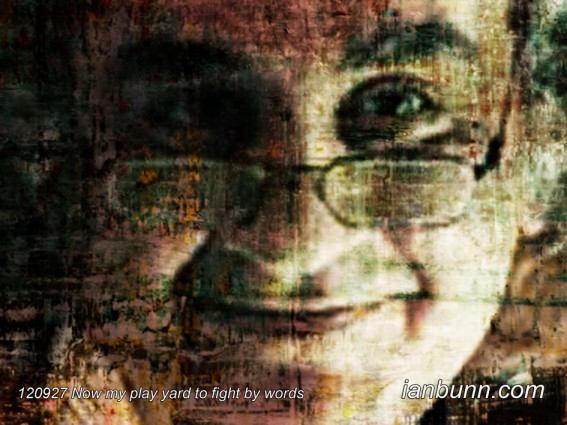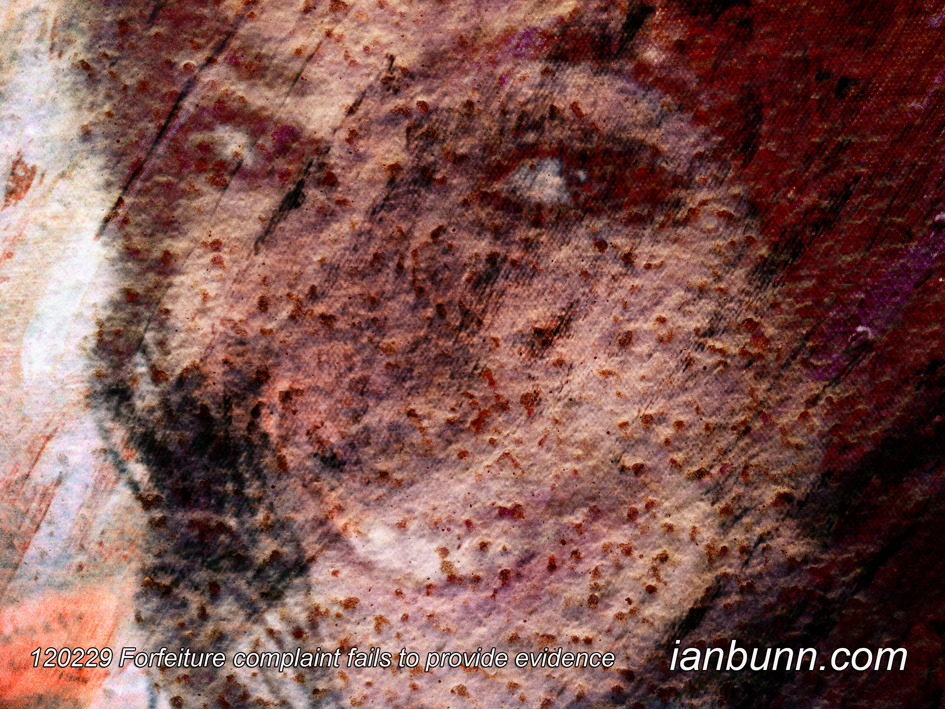 Things that gain from disorder (December 25 2012)
Things that gain from disorder (December 25 2012)
Nassim Nicholas Taleb the 52 year old Lebanese American essayist and scholar whose work focuses on problems of randomness, probability and uncertainty is the subject of a critical review from Michiko Kakutani in the New York Times for his latest publication ‘Antifragile’. Kakutani in the article ‘You Are All Soft! Embrace Chaos!’ states”A reader could easily run out of adjectives to describe Nassim Nicholas Taleb’s new book “Antifragile: Things That Gain From Disorder.” The first ones that come to mind are: maddening, bold, repetitious, judgmental, intemperate, erudite, reductive, shrewd, self-indulgent, self-congratulatory, provocative, pompous, penetrating, perspicacious and pretentious. …Taleb contends that we must learn how to make our public and private lives (our political systems, our social policies, our finances, etc.) not merely less vulnerable to randomness and chaos, but actually “antifragile” — poised to benefit or take advantage of stress, errors and change… For the most part, however, the author is way better at identifying examples of fragility than he is at laying out specific strategies to become more antifragile. Often the narrative hops and skips from broad-stroke hypotheses to personal anecdotes …Taleb seems to revel in being contentious and controversial, perhaps betting that such notoriety will win him and his book some added buzz. He consigns television, air-conditioning, newspapers and economic forecasts to the category of “offensive irritants.” And he talks about rationing the supply of information because, he insists, “the more data you get, the less you know what’s going on.” “Antifragile” is also riddled with contradictions. Mr. Taleb offers predictions about the future, though he keeps talking about the unreliability of predictions. He repeatedly attacks theorists and academics as the sorts of people who would presume to “lecture birds on how to fly.” And yet he’s an academic himself (whose main subject matter, his book jacket tells us, is “decision making under opacity”), and the book he’s written is nothing if not one big, hyperextended, overarching theory about how to live in a random and uncertain world.”
Inspired by Michiko Kakutani ow.ly/gdCWq image source Sarah Taleb ow.ly/gdDij

